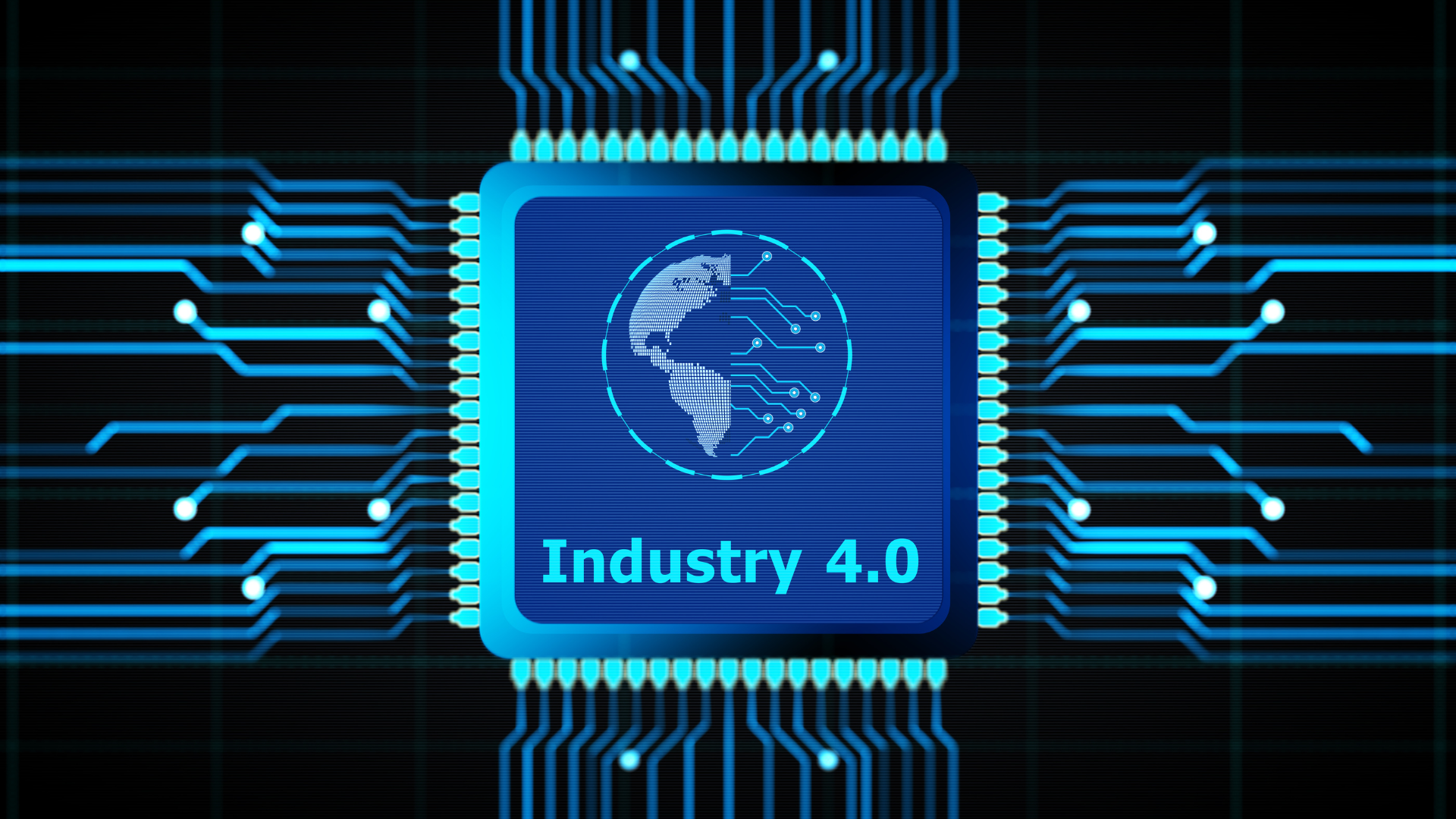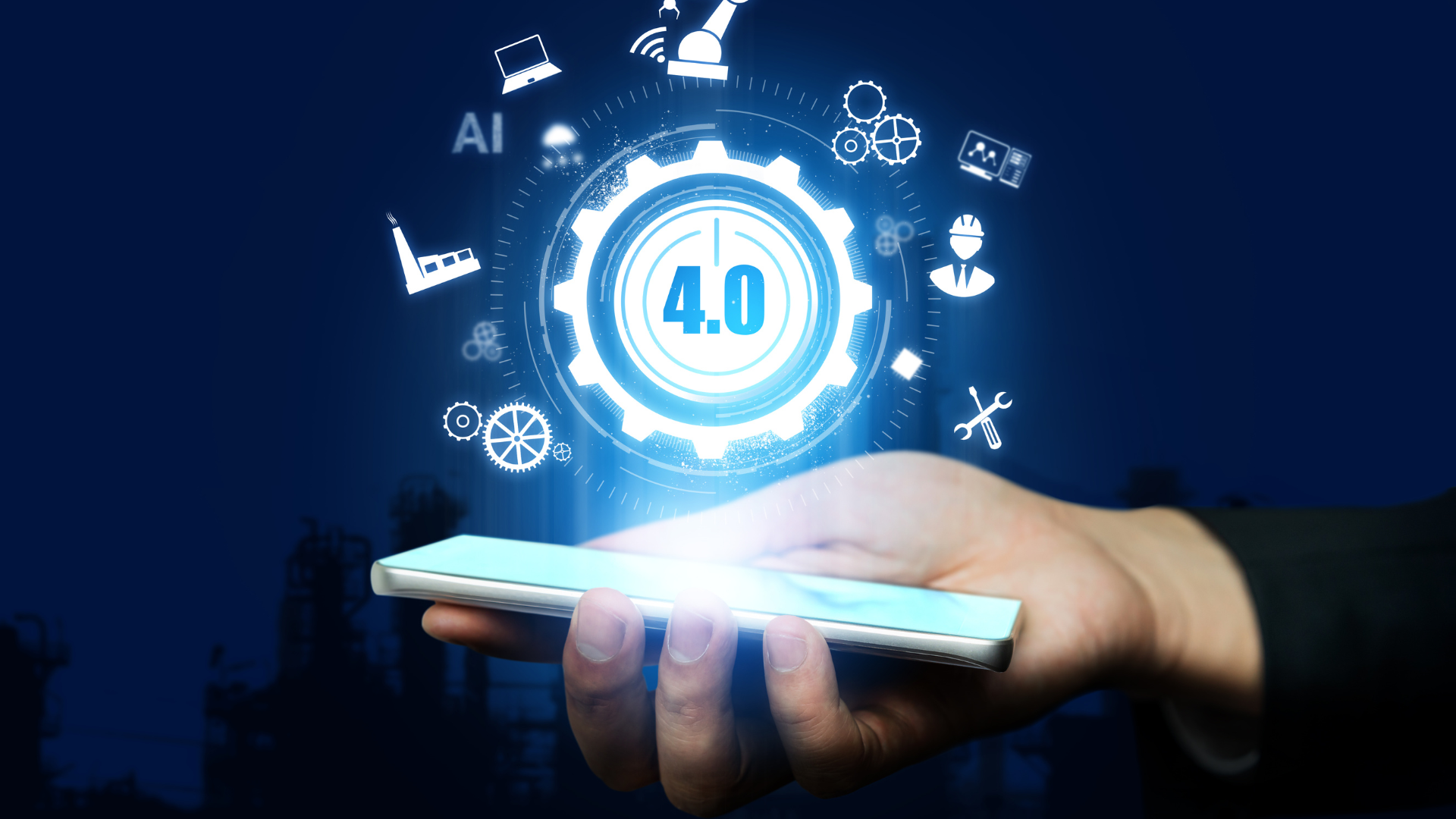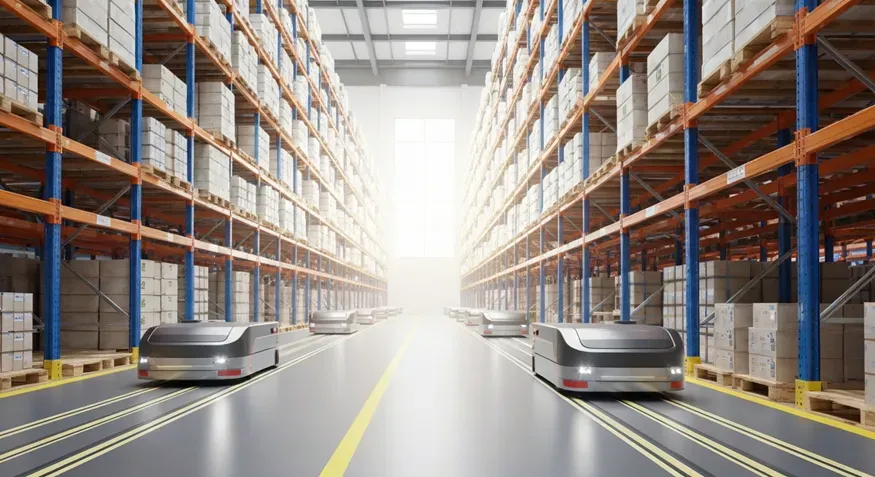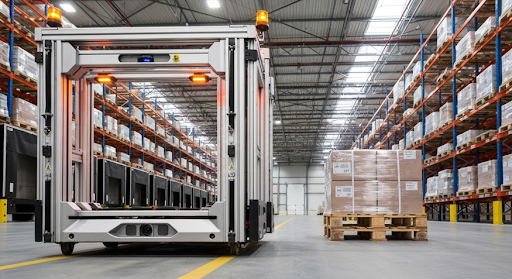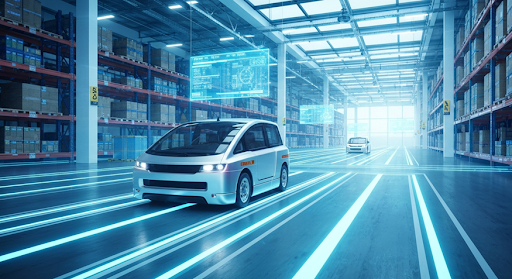The impacts of Industry 4.0, also known as the Fourth Industrial Revolution, are not limited to the manufacturing sector alone. This technological revolution has far-reaching effects that extend to various sectors such as healthcare, transportation, energy management, and many more. The integration of advanced technologies like artificial intelligence, internet of things (IoT), big data analytics, and robotics has transformed these sectors by improving efficiency, productivity, and overall performance. In healthcare, for example, Industry 4.0 has enabled the development of remote patient monitoring systems and telemedicine applications that allow doctors to provide medical consultations from a distance. In transportation, autonomous vehicles powered by AI algorithms promise safer and more efficient travel experiences. Energy management has also benefited from Industry 4.0 with smart grids that optimize energy distribution based on real-time data analysis. These examples demonstrate how Industry 4.0 brings about significant positive changes across multiple sectors, ultimately enhancing our daily lives in numerous ways. The integration of AI-powered systems in these sectors improves efficiency while enabling personalized services tailored to individual needs.
If you are keen on gaining a deeper understanding of the revolutionary concept of Industry 4.0 and its wide-ranging implications for society as a whole, or even for specific industries such as manufacturing or technology-related fields, there are various reliable sources available that can offer you comprehensive insights into this intriguing subject matter. One highly recommended avenue for further exploration is referring to relevant books or PDFs that have been specifically curated to provide in-depth knowledge about Industry 4.0 and its multifaceted impact on our world today. These resources delve into the intricacies of this industrial revolution, shedding light on the key technologies, trends, and challenges associated with it. By immersing yourself in these educational materials, you can acquire valuable knowledge and stay ahead of the curve in this rapidly evolving landscape.

